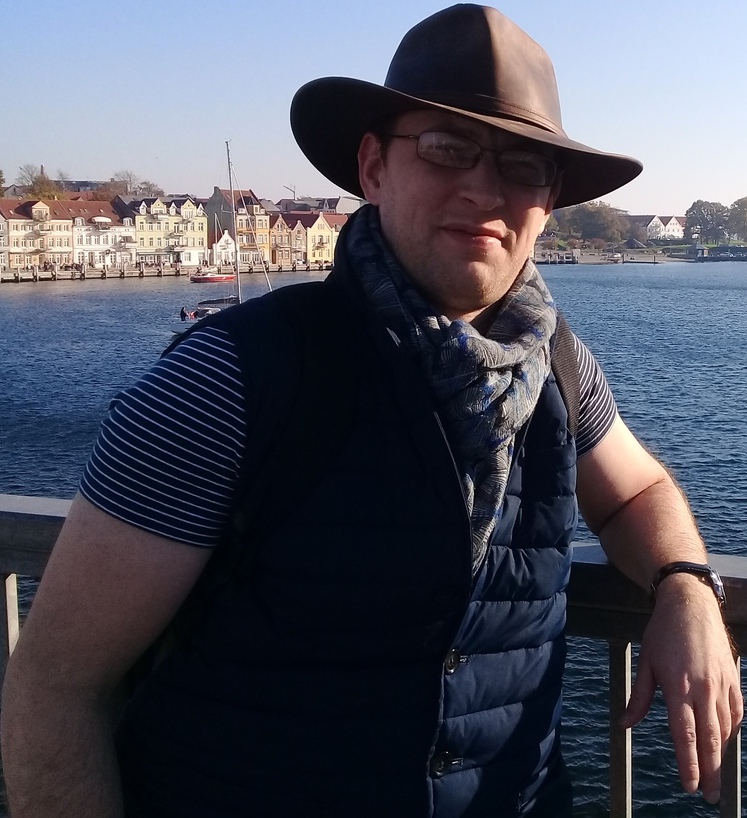Retracted by the author
The article deals with the consecration of the basic ideas of the Dorpat school of religious psychology. The main attention is focused on Karl Girgensohn and his experimental method of studying religiousness, in particular religious experience. The main methodological basis of the school is shown. The article also reflects the interaction of the Dorpat and Würzburg schools of religious psychology, which influenced the ideas of Oswald Külpe. The main conclusions reached by Girgensohn during his research were, on the one hand, that the leading structural element of religious experience was intuitive thinking, which, unlike discursive thinking, is less formulated and is associated not so much with logic as with feelings of pleasure and dissatisfaction, as with symbols. In addition, Girgensohn singled out the so-called “ego functions” associated with intuitive thoughts in religious experience. Faced with a new set of ideas, the ego first reacts intellectually, using its existing stock of principles. In addition to the characteristic of the method, the attitude to the method developed by Oswald Külpe and developed by Carl Girgensohn is also shown. Among the researchers there were both supporters of experimental introspection, such as Otto Rithschle, and the critic of this technique in the person of Oscar Pfischer, Anna Tumarkin and others. The last part gives a brief review of the gradual sunset of the Dorpat school.
Keywords: Tartu, Psychological School of Religion, Carl Girgensohn, Oswald Külpe
DOI: 10.22250/2072-8662.2019.2.122-130
About the author
 |
Dmitriy I. Weber – PhD (History), Assistant Professor at the Department of Philosophy of Religion and Religious Studies, St. Petersburg State University; 5 Mendeleevskaya str., St. Petersburg, Russia, 199034; This email address is being protected from spambots. You need JavaScript enabled to view it. |






